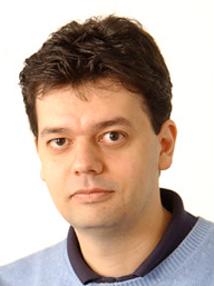BibTex format
@inbook{Banito:2013:10.1007/978-94-007-5958-9_16,
author = {Banito, A and Gil, J},
booktitle = {Tumor Dormancy, Quiescence, and Senescence: Aging, Cancer, and Noncancer Pathologies},
doi = {10.1007/978-94-007-5958-9_16},
pages = {195--205},
title = {Enhancing reprogramming to pluripotency by controlling senescence},
url = {http://dx.doi.org/10.1007/978-94-007-5958-9_16},
year = {2013}
}

